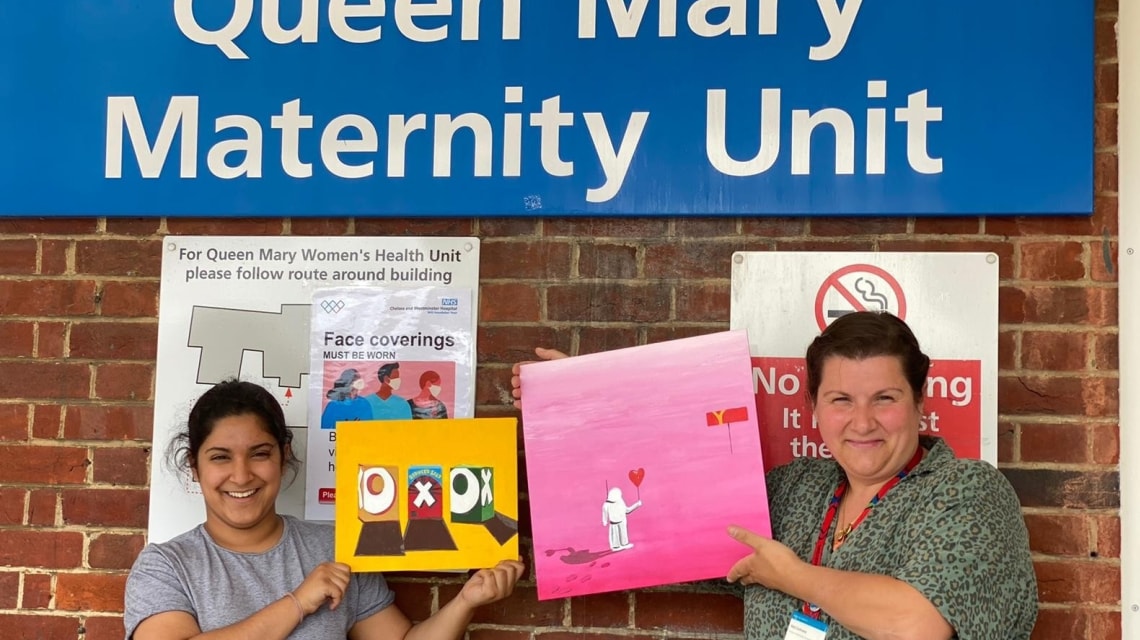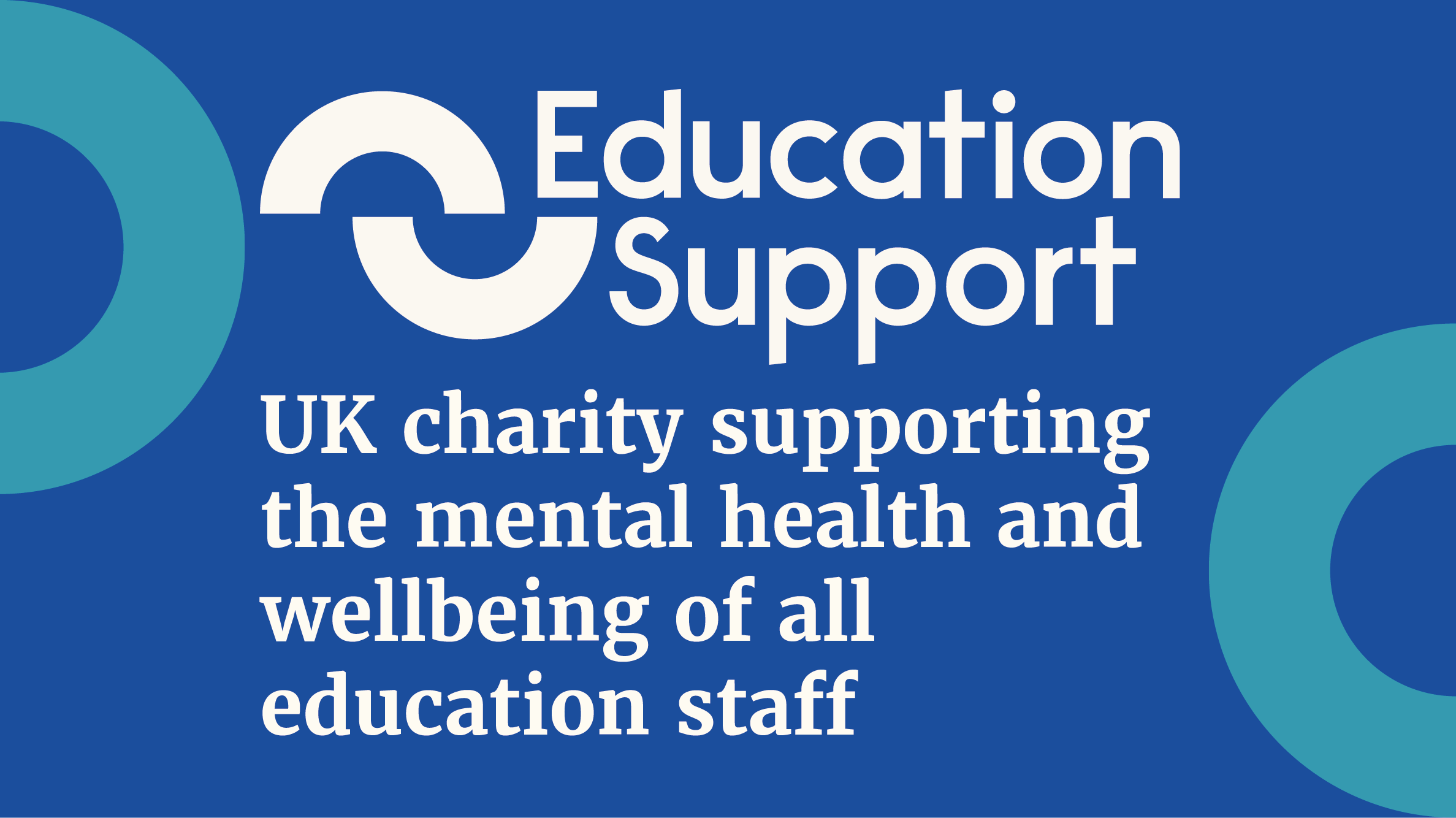
Ofsted myths and facts on assessment
We’re still hearing from lots of teachers that they’re not completely sure what Ofsted is expecting to see in terms of assessment practice and are worried about fallout from Ofsted at their next inspection.
Working together to build healthy and happy schools


The Wellbeing Zone
The Wellbeing Zone is packed with free resources to support mental health and wellbeing – from advice on coping with anxiety and exam stress, to fun activities and mindfulness.
Looking after the mental health and wellbeing of young people during revision and exam time is really important. Use our support and guidance to help your students navigate this tricky time.
What do Olympians and educators have in common? That’s what The Olympic Mindset Podcast seeks to answer. Join Dominic Broad (Director of Education at Thrive Education) and his guests as they take the extraordinary experiences from athletes (and beyond) and apply them to school leadership, wellbeing and everyday life.
Listen now on Spotify, Apple Podcasts and Google Podcasts
We know how important it is to encourage a culture of postive wellbeing and mental health in today's enviroment.
We've created the new Mental Health Support in Schools toolkit packed with tips, advice and practical support from SENCos and psychologists on how to support mental health and the general wellbeing of your students.
Maths anxiety is widely acknowledged as a barrier to engagement and progress in maths, as well as other areas of education, employment and life.

We spoke to 16-year-old mental health campaigner and one of the winners of the Pearson World Changer Awards, Avani Bhalla, for her view on young people’s wellbeing today and what more can be done in education to help.

The Pearson School Report provides an in-depth, independent look at the education system, from the people who work at its core – and is the latest step in our mission to collaborate, listen and learn from each other to drive forward positive change.

We’ve partnered with Persona Education for a pioneering pilot, which will test how effectively life skills can be developed and recognised using digital methods, while assessing how students, teachers and employers value social-emotional skills, and the related digital badges.
We're passionate about creating a culture of positive wellbeing and mental health and are committed to working together with teachers and senior leaders to help build healthy, calm and happy schools.
Together we can drive positive change, encourage conversation, and create an environment that fosters wellbeing for pupils as well as staff.
Within Pearson, we’ve been working with Time to Change to break down the stigma around mental health and wellbeing, and change the culture and conversation.
In uncertain and stressful times, it is natural to feel a certain amount of concern or worry. Practising mindfulness can help you stay calmer and more positive. We have a number of free resources to help introduce you to mindfulness techniques that are suitable for employers, Clinicians, parents and young people.
If you feel that you or someone you know (be they a parent, child, teacher or young person) are at immediate risk of causing harm to themselves or others, it’s important to seek immediate professional help by calling 999.
However you or someone you know might be feeling or going through, it’s important to know you’re not alone. There’s lots of information and support services in the UK to help.

There can be many stresses on those who work in education - a challenging student, stress & depression, personal financial worries and so many more. That’s why Education Support offers free, confidential help and support.
We’re still hearing from lots of teachers that they’re not completely sure what Ofsted is expecting to see in terms of assessment practice and are worried about fallout from Ofsted at their next inspection.
If you haven’t got Science Bug (or even if you have!) and are coming to the annual ASE conference, this year at the University of Birmingham, then come along and meet Deborah Herridge on the afternoon of Friday 8th January.
A giant box of paperclips, the lingering sick smell to be gone forever, a magic school jumper finder and Rosie B to remember all of her lines for the Christmas play?

